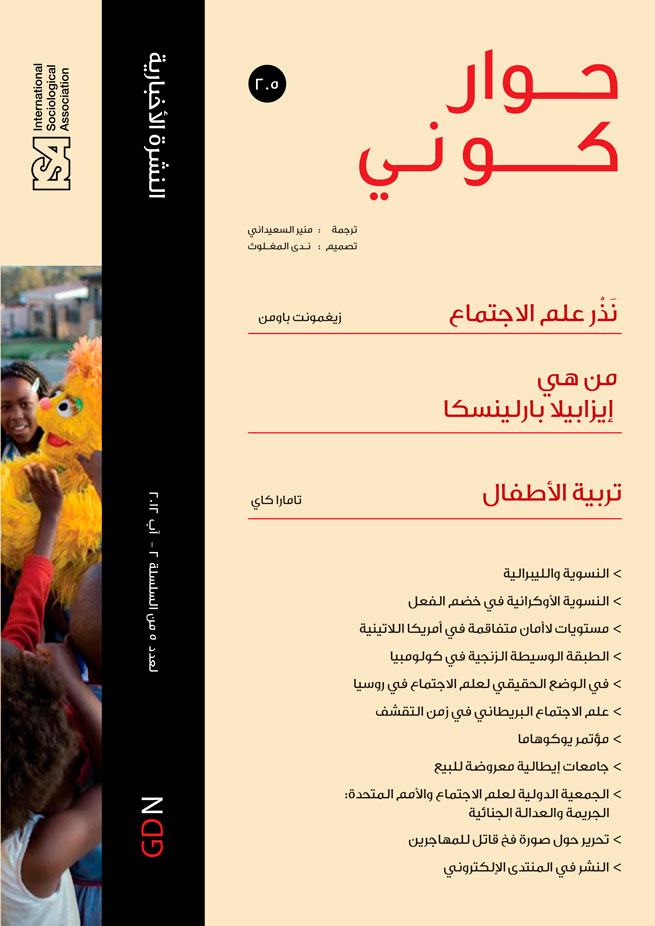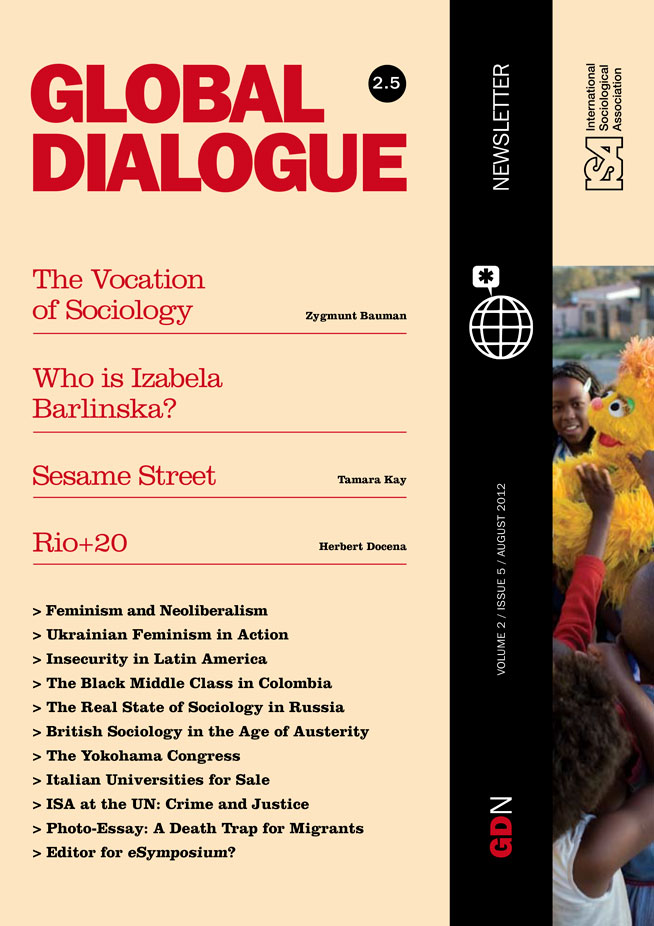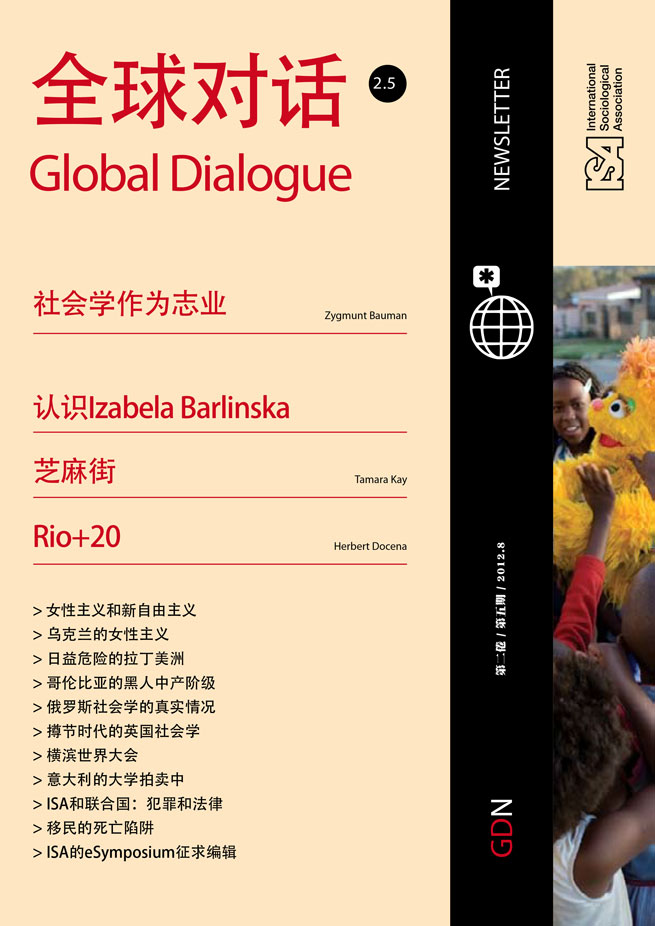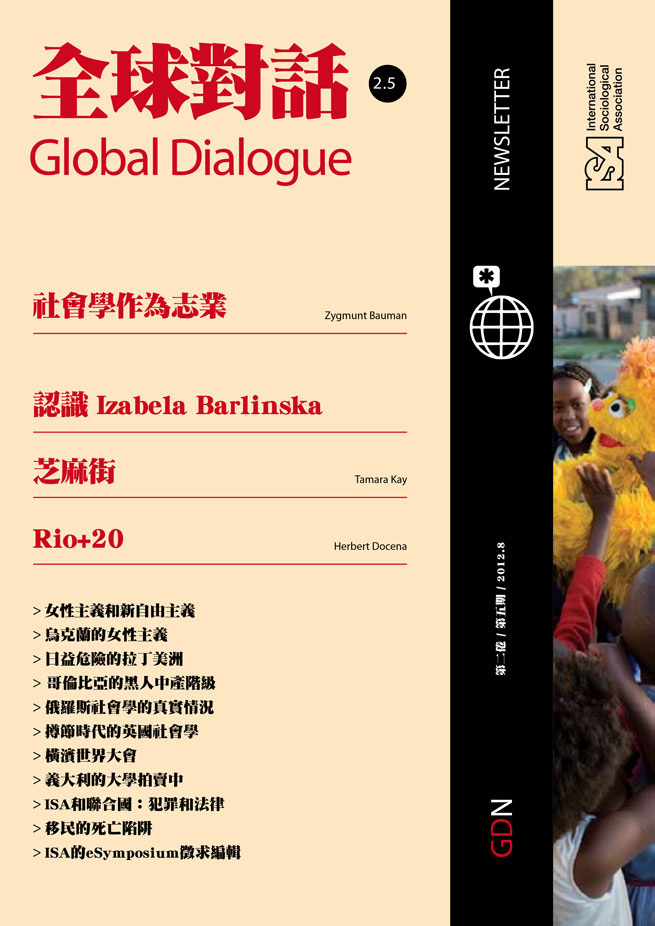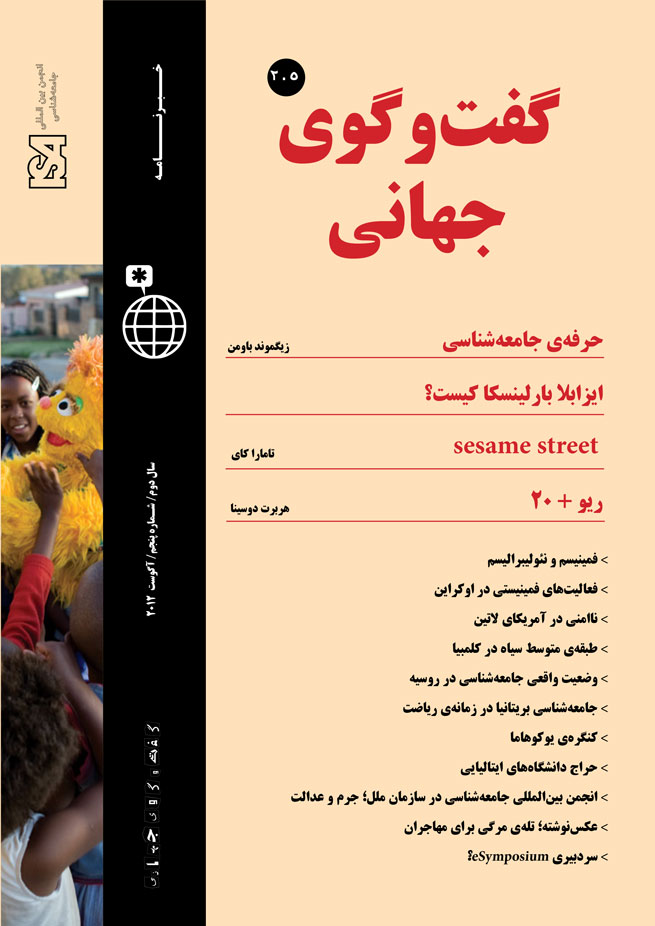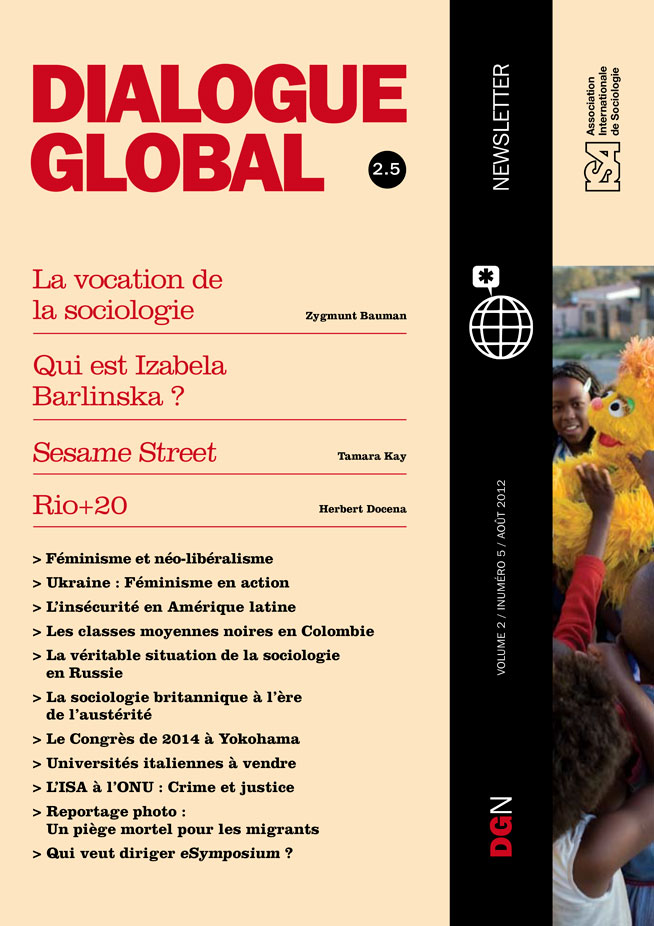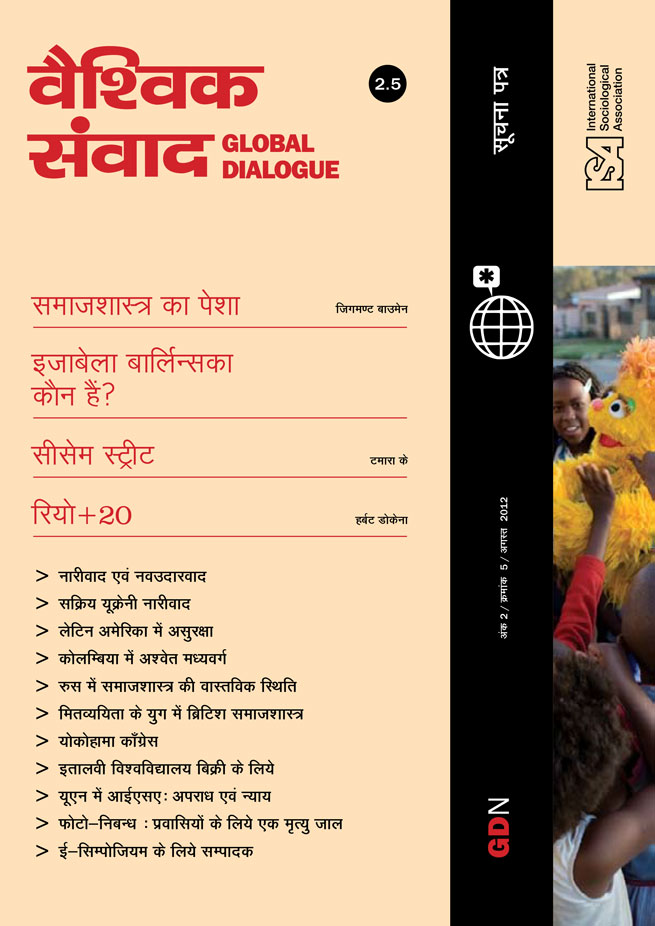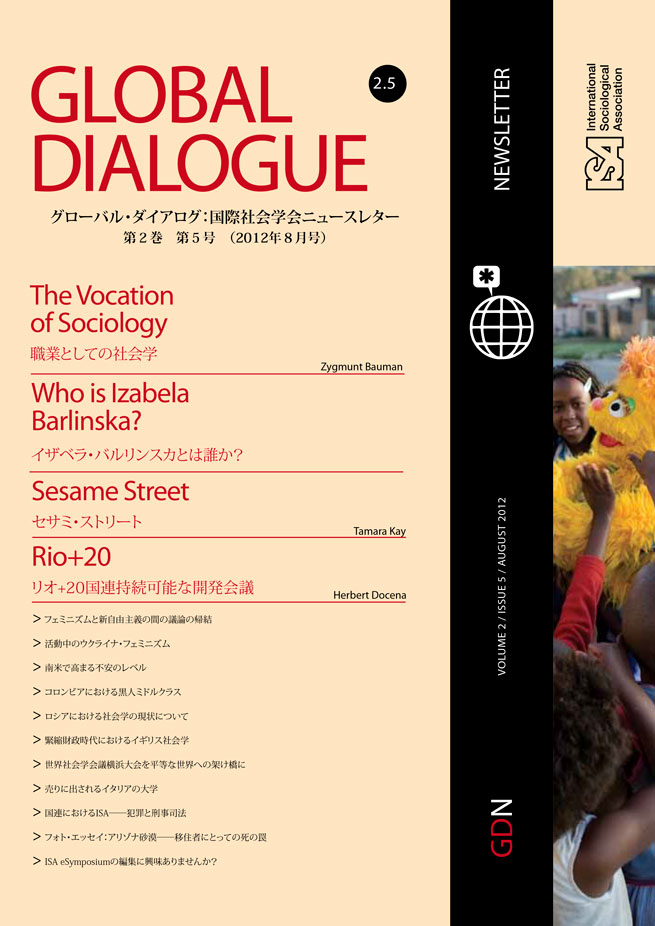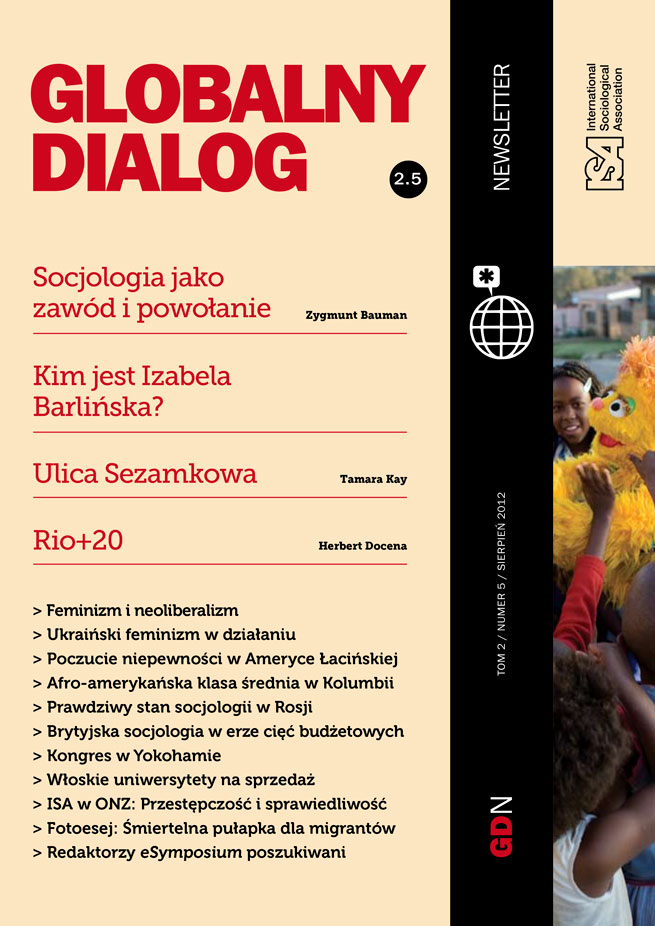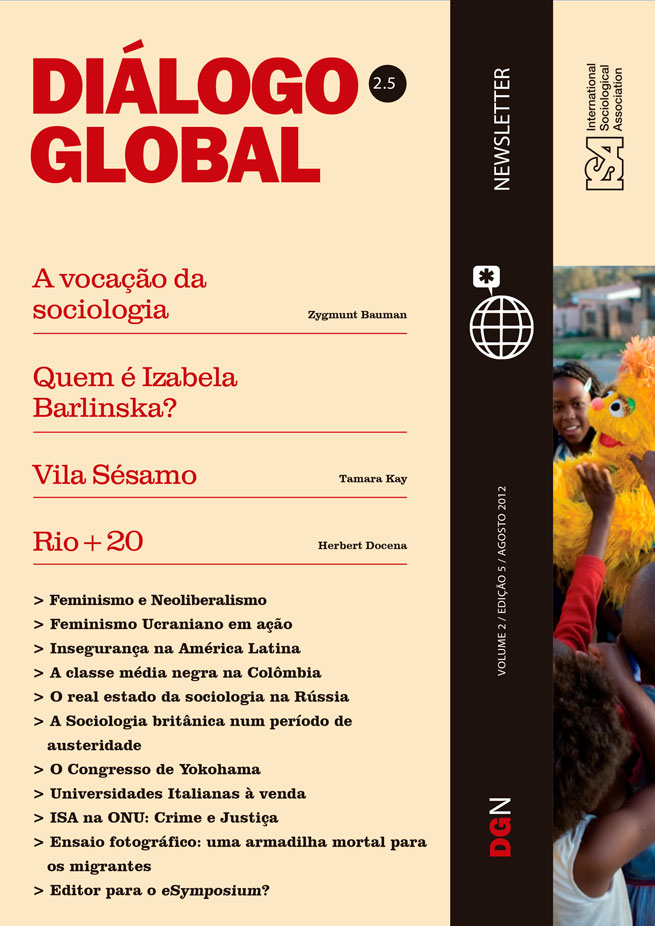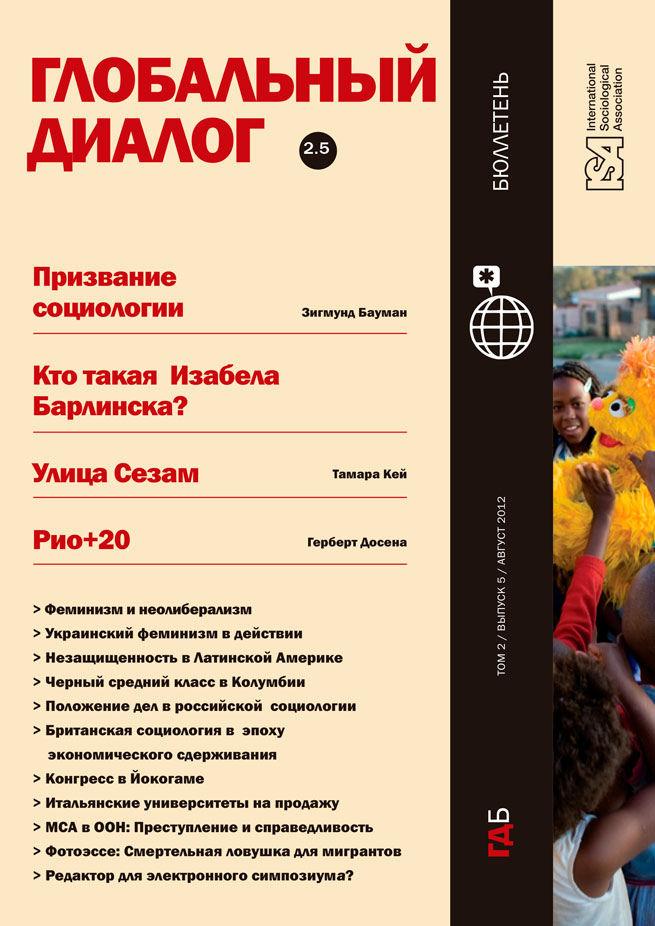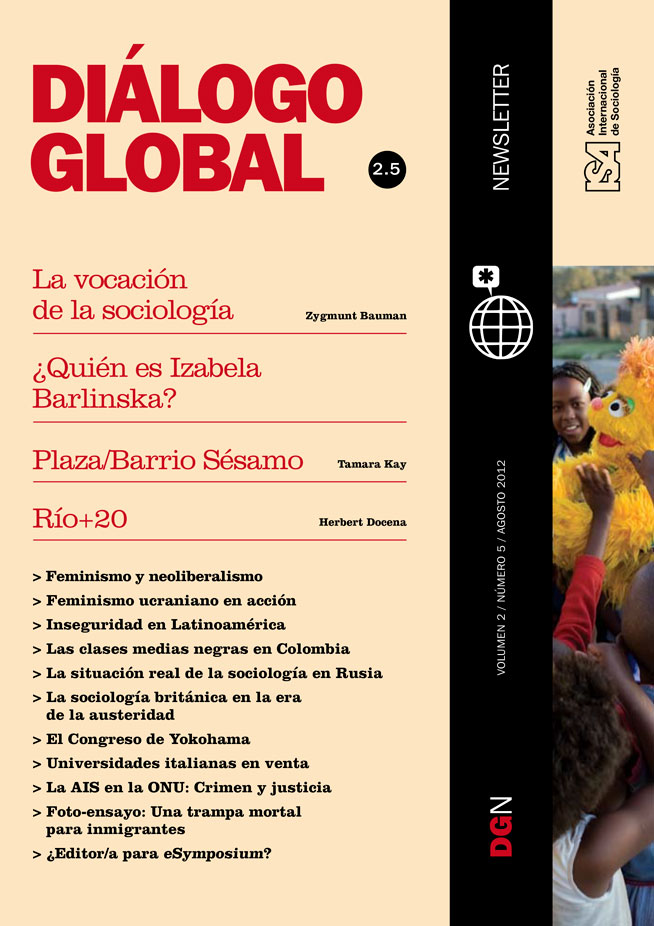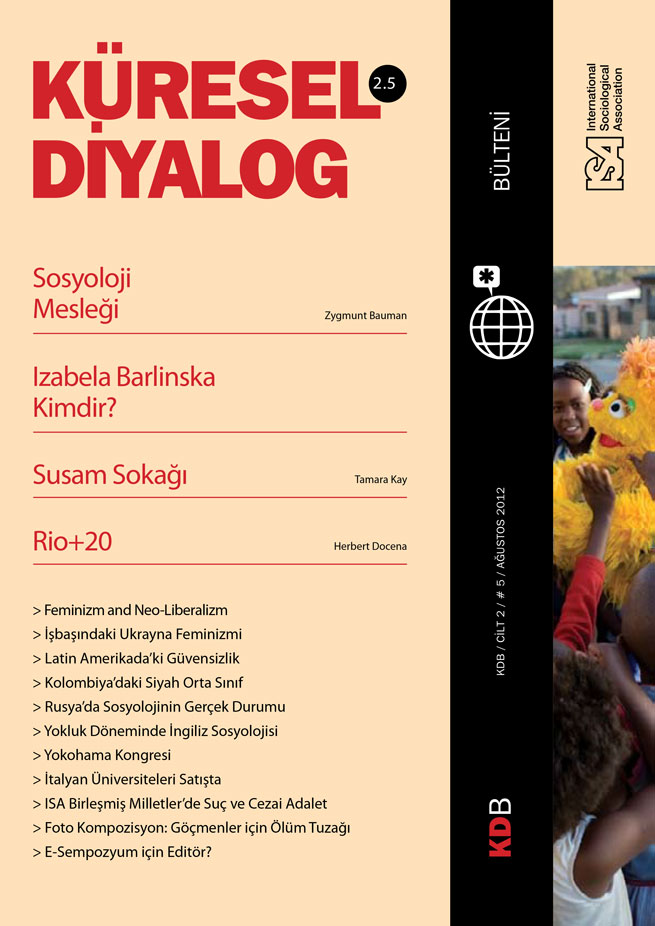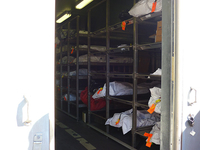The ISA at the UN: Crime and Criminal Justice
July 13, 2012
This past April, I attended the 21st Session of United Nations Commission on Crime Prevention and Criminal Justice (CCPCJ) in Vienna as a representative of the International Sociological Association (ISA), which has consultative status as a non-governmental organization. I have been observing these commission sessions now for ten years. I think there is a great need for sociological input at the United Nations (UN) in general. Both sociology and criminology have a great deal to offer the CCPCJ.
The United Nations CCPJ is a subsidiary body of the Economic and Social Council (ECOSOC). ECOSOC established the Commission in 1992. Its mandated priority themes are:
- international action to combat national and transnational crime, including organized crime, economic crime and money laundering, and promoting the role of criminal law in protecting the environment;
- crime prevention in urban areas, juvenile crime and violent crime;
- efficiency, fairness and improvement in the management and administration of criminal justice systems.
The Commission develops, monitors and reviews the implementation of the United Nations Crime Prevention and Criminal Justice Program and facilitates the coordination of its activities. The Commission provides substantive and organizational direction for the United Nations Congress on Crime Prevention and Criminal Justice, which is held every five years. The Commission acts as the governing body of the United Nations Crime Prevention and Criminal Fund, the UN fund that provides resources for promoting technical assistance in the field of crime prevention and criminal justice carried out by the United Nations Office on Drugs and Crime (UNODC). The CCPCJ consists of one representative from 40 member states elected by the Council for three-year terms.
The Commission is assisted by the United Nations Crime Prevention and Criminal Justice Program Network, composed of a number of interregional, regional and national institutes committed to supporting the implementation of the United Nations Crime Prevention and Criminal Justice Program. (For example the National Institute of Justice in the United States contributes to the work of the Program Network.)
Every session features a discussion theme. This year, the theme was “Violence Against Migrants, Migrant Workers and their Families.” The theme originates from the “Salvador Declaration,” which ensued from the 2010 UN Crime Congress, at the suggestion of Turkey. The theme is very timely this year: widely distributed news accounts have described Central American migrants extorted by the police or kidnapped by drug gangs in Mexico, or dying in the Arizona desert; Marine Le Pen presented an anti-immigrant platform in the last French elections; refugees from “Arab Spring” uprisings flood surrounding countries in the Middle East and North Africa region. The theme is cross-cutting, because it relates to the work of the Crime Commission on the smuggling and trafficking of migrants, but also to the human rights work undertaken by other UN bodies. Yet while the Crime Commission links the smuggling of migrants to violence against migrants, interestingly, François Crépeau, the outspoken Special Rapporteur on the Human Rights of Migrants, reminded the Commission that the smuggling of migrants was sometimes a life-saving activity, not one that necessarily led to violence against migrants. He reminded us that the movie Casablanca was about a human smuggling ring, and how it generated a very positive impression of human smuggling. But where is sociological research in all of this?
The role of the ISA at UN events has been to observe, to provide feedback to the ISA President and Executive Committee, and where possible, to provide research input to member state delegations. Despite the fact that the Crime Commission and UNODC maintain that their decisions are evidence-based, over the years, the research backdrop provided by UNODC and the Program Network to the Crime Commission has diminished. For three years now, the ISA has been presenting a literature review at the UN Crime Commission on the main theme of discussion. ISA members should be conscious that the vast majority of their work in academic journals does not reach this audience. Therefore, making our research accessible and readable to this audience is of paramount importance. Our literature review aims to provide an objective summary of the global literature on the main theme, defining it widely, illustrating it with examples from sociological research around the globe and paying particular attention to gaps in knowledge.
What are the challenges of making our research available to this audience? The UN regulates the dissemination of information from NGOs to member states very carefully. NGOs can submit short statements, and disseminate handouts that are preapproved by the Secretariat. They can also approach member states directly to provide information orally. But the UN is not known as a transparent organization in its decision-making. Although resolutions are debated during the week of the Crime Commission in the Committee of the Whole, most negotiations are held in informal sessions, closed to NGOs. Given that delegations change every year, and NGOs do not have access to any kind of mailing list of members of delegations, it is difficult to disseminate information. There is also reticence on the part of many delegations to read NGO publications. Most NGOs with consultative status at the UN are issue-driven and advocacy-based. They are not scientific, professional associations like the ISA. Member states are thus wary of NGOs. Furthermore, without dialogue, the usefulness of the information disseminated depends on the good will of the recipient. And while we disseminated our handout this year in English and French, it would be helpful to translate it into all UN languages.
The Crime Commission is the main UN body that creates international standards and norms for criminal justice institutions, and it enables member states to agree on crime reduction policies. Influencing the work of the Commission with sociological research can go a long way towards influencing its outcomes.
Rosemary Barberet, John Jay College of Criminal Justice, New York, USA

